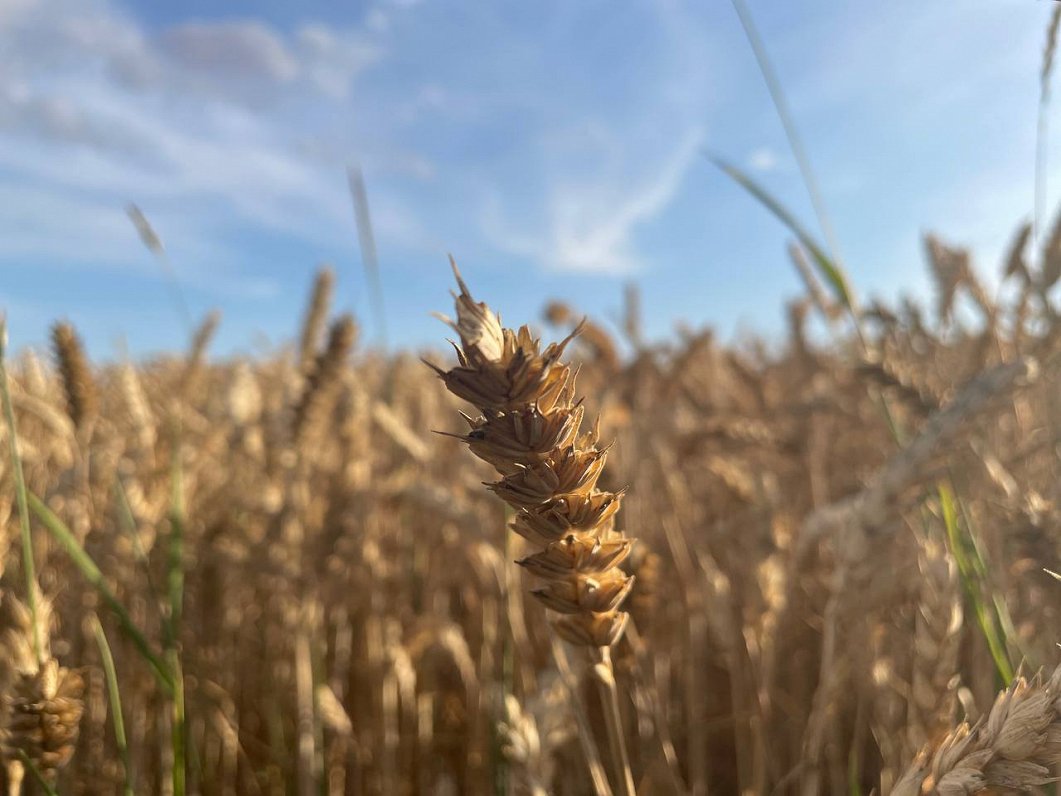Kristaps Amsils, Chairman of the Board of the Dobeles Miller, pointed out that the amount of grain needed for processing was not at risk with the reduction in overall yields, but more challenges could arise with the quality of grain.
On the other hand, the price of grain will not be affected by such local factors, as it is determined by the price on the stock exchanges that are currently stabilizing at around €230 per tonne of grain. Last year, it had grown to €400 on the European stock exchange.
Amsils said that if last year's rapid price rise was not taken into account because of the war, the price of grain is still high, looking back over a longer period. Moreover, farmers are currently less likely to choose fixed-price grain supply contracts.
"At the moment, we see more of a waiting position that farmers, suppliers, too, expect this grain price to rise. If we are talking about the European region, then the southern part has also suffered from drought periods and high temperatures, but there are regions where we see news that yields are good and above average, which is exacerbating it. However, stock prices are very sensitive to all events at and around the Black Sea, so access to Ukrainian grain. When there's another occupying forces' attack on a Ukrainian port, we see fluctuations on the stock exchange," Amsils said.
Kārlis Zemešs, head of the Latvian Bakers' Society, estimated that this summer's local adverse weather conditions are unlikely to have a significant impact because the price of flour is currently stable and low compared to last year.
"The bread market is already in high competition between producers and there is also competition in the raw materials market. Currently, flour is also offered both in Latvia and in Estonia and, if there is a desire, can also be purchased from Poland, and there is also an offer from Ukraine. Because flour is not the resource that currently determines the prices of bread production.
"One is production prices, and the other is shelf prices. This is a completely different story, and there the government has also been interested in why this is happening, but the fact that prices will not return to the previous level is clear," said Zemešs.
In the meantime, the farm “Ķelmēni” uses self-grown organic rye for bread production. Owner Juris Pavlovičs confirmed that dry weather near Gulbene has also reduced the farm's planned harvest, so for bread production, they will have to buy more grain from others.
"Specifically, our region had no rains after May, and now that we had to harvest, it rained. Weather is changing. However, we have been working for 34 years in this area, and the autumn and summer have changed over the years. It may be difficult to grasp all this, but the fact is that this year is one of the worst," Pavlovičs said.




























